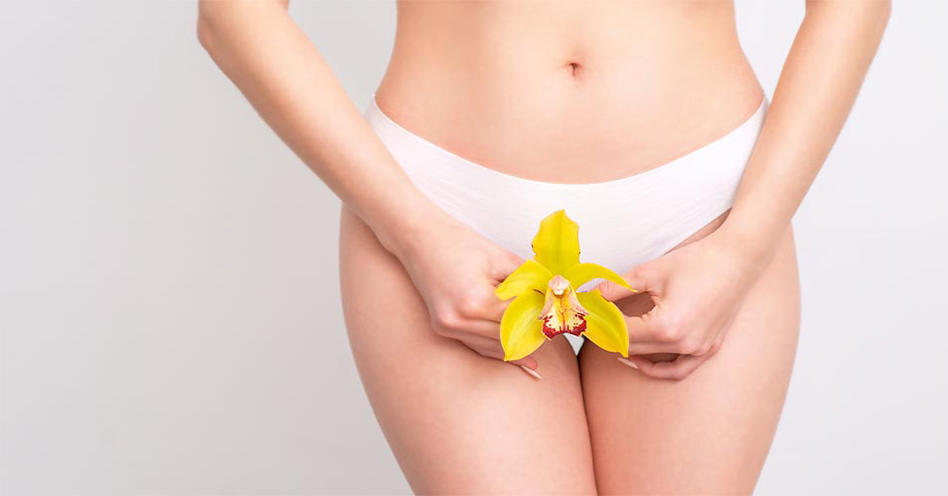Recent Posts
- Achieving Balance: Yoga and Responsible Medication Use at Hetero Healthcare.
28.Jun.2024
- Hetero Healthcare's Commitment to Sustainability: Minimizing Environmental Impact.
28.Jun.2024
- Unveiling the Role of Feminora Gel in Boosting Fertility: A Comprehensive Guide
29.May.2024
- Understanding Your Thyroid: Function, Disorders, and Treatment
27.May.2024
- Breathe Easier: Manage Asthma and Live Life
25.May.2024
Blog Archive
-
2024 (19)
- January (1)
-
March (8)
- Revitalize Your Glow with Sparkel Hydrating and Skin Lightening Facial Sheet Mask
- Rediscover Your Glow with Sparkels Anti-Ageing Facial Sheet Mask
- Protect Your Skin with Sparkel's Glow Anti-oxidant Facial Sheet Mask
- Moiste Body Lotion - Nourishing Care for Your Whole Body
- Steering a New Era of Women's Health Empowerment in the Digital Age
- Silero: Revolutionizing Vaginal Health with Lactic Acid Film
- A Comprehensive Comparison of Feminora Gel and Other Intimate Lubricants
- A Progesterone Supplement that Supports Addressing Reproductive Health Concerns
- April (5)
- May (3)
- June (2)
-
2023 (21)
- February (2)
-
March (5)
- 8 Tips for Coping with Pain and Stiffness from Osteoarthritis
- Relief from Vaginal Dryness: Understanding an Estrogen cream called Pelitra
- Signs of pH level imbalances in the vagina
- All you need to know about Pathogens in the vagina and impact of Lactic acid films for eliminating them
- Facial Sheet Mask
- April (3)
-
May (8)
- How to manage your weight during PCOD (Polycystic Ovarian Disease)?
- What are the Most Common Causes of Neck Pain, and How Do Transdermal Patches Help?
- How common is uterine prolapse after pregnancy?
- The Power of Glycerine for brighter skin tone
- The Hidden Threat: Exploring the Impact of Pelvic Inflammatory Disease in Women
- Understanding Liver Cirrhosis: Causes, Symptoms, and Risk Factors
- Dietary Guidelines for Liver Cirrhosis: Foods to Eat and Avoid
- The Importance of Protein in Liver Cirrhosis: How Pronocte Can Help
- June (1)
- July (1)
- August (1)
-
2022 (26)
- March (2)
-
July (7)
- The Truths About Monkeypox, its Vaccines, and Preventative Measures
- 7 simple things you need to know about your Vagina
- 6 things no one told you about Vaginal health
- “I had painful sex last night. What should I do about it?”
- Vulvovaginal Atrophy [VVA] - The silent, ignored, and unspoken effect of menopause
- Do's and Don'ts to face this monsoon without any vaginal infections
- Know the changes in your vagina through the decades
- All you need to know about Vagina: Types & Tips to Take Care
- August (4)
- September (4)
- October (1)
- November (5)
- December (3)
-
2021 (21)
- January (1)
- February (1)
- April (1)
- May (3)
-
June (5)
- Black, White, and Yellow Fungus during the Covid-19 Pandemic: Signs to watch out for
- World Brain Tumor Day 2021: Taking care of Brain Tumor Patients during COVID-19
- Maintaining Vitamin D Levels During COVID-19 Pandemic
- Men's Health Week 2021: Understanding Prostate Cancer
- Delta and Delta Plus Variant of COVID-19: Key things to know
- July (2)
- September (2)
- October (3)
- November (2)
- December (1)
- 2020 (10)
7 simple things you need to know about your Vagina

More often than not, the term vagina is referred to as the female genital area, which is incorrect. So let’s get to know a few vaginal facts
1. The Vulva and the Vagina are different - the visible or the outer part of the female genital area is known as the Vulva. Vagina, in simple terms, is your birth canal. This 3-to-6 inch long muscular canal connects with the cervix and the uterus. The vagina, a muscle, when at rest, is closed
2. The vagina has an acidic pH and is self-cleaning - your vagina contains an army of good bacteria called Lactobacilli which keep its pH balanced and healthy
3. Vaginas have an odour - this is due to the specialized bacteria and is normal. You don’t need to use any perfumes or scented washes down there to cover it up. However, if you do notice an odd rotten, abnormal scent, or fishy smell, consult your gynaecologist immediately
4. Experiencing wetness down there ? Not necessarily a sign that you are sexually aroused. The glands in your vaginal wall and cervix create essential lubrication to keep your vagina clean and moist and also protect the genital area from an injury. Your vagina producing lubrication is a natural physiological function
5. Vaginal discharge is normal but not always - when you see a clean, thick discharge, it’s your vagina’s cleaning efforts. However, if you observe any not-so-typical discharge, head to your gynaec for a checkup
6. Your vagina can tear during vaginal birth - this does happen. Post childbirth, your vulva and vagina feel bruised and swollen; your vagina will feel more open since a human body has been injected out of it. Don’t worry! Your vagina is good at repairing itself. The openness subsides and the tears heal by 6 weeks postpartum
7. Your vagina changes with age - your vagina is strongly influenced by the hormonal changes in your body. The vagina has more layers of tissue lining it during your reproductive years. This is due to the stimulation from higher estrogen levels in the body. In the postmenopausal phase, with lower estrogen levels, the walls of the vagina become thin and frail which can lead to vaginal dryness and decreased secretions
Now, that was easy, wasn’t it? As a woman, you are blessed to have an incredible organ called the vagina which changes in response to life stages, age, and hormones. Don’t be embarrassed or shy to talk about your vagina or vaginal health with your gynaecologist. Do regular checkups and keep yourself healthy down there.